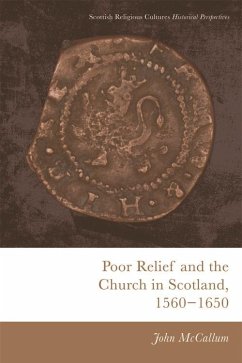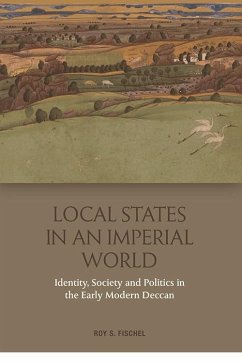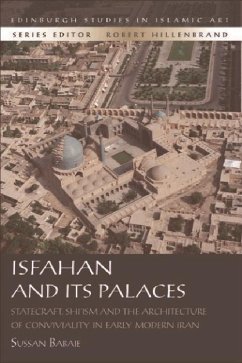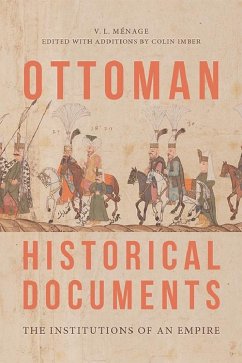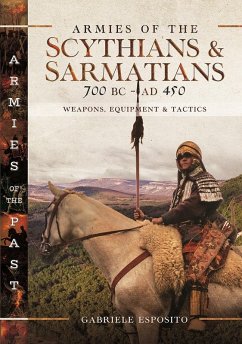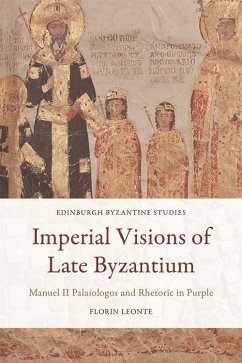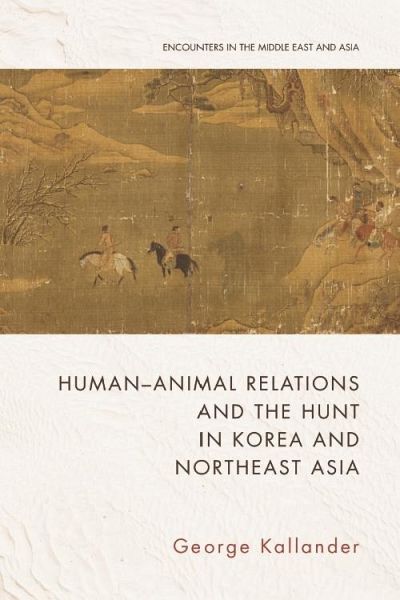
Human-Animal Relations and the Hunt in Korea and Northeast Asia (eBook, PDF)
Versandkostenfrei!
Sofort per Download lieferbar
69,95 €
inkl. MwSt.
Weitere Ausgaben:

PAYBACK Punkte
35 °P sammeln!
This book focuses on the transitional period in late Koryo and early Choson dynasty Korea from the 1270s until 1506, situating the Korean peninsula in relation to the neighbouring Mongol Empire and Ming Dynasty China. During this period, Korean statesmen expanded their influence over people and the environment. Human-animal relations became increasingly significant to politics, national security, and elite identities. Animals, both wild and domestic, were used in ritual sacrifices, submitted as tax tribute, exchanged in regional trade, and most significantly, hunted. Royal proponents of the hu...
This book focuses on the transitional period in late Koryo and early Choson dynasty Korea from the 1270s until 1506, situating the Korean peninsula in relation to the neighbouring Mongol Empire and Ming Dynasty China. During this period, Korean statesmen expanded their influence over people and the environment. Human-animal relations became increasingly significant to politics, national security, and elite identities. Animals, both wild and domestic, were used in ritual sacrifices, submitted as tax tribute, exchanged in regional trade, and most significantly, hunted. Royal proponents of the hunt, as a facet of political and military legitimacy, were contested by a small but vocal group of officials. These vocal elites attempted to circumscribe royal authority by co-opting hunting through Confucian laws and rites, either by regulating the practice to a state ritual at best, or, at worst, considering it a barbaric exercise not befitting of the royal family. While kings defied the narrow Confucian views on governance that elevated book learning over martial skills, these tensions revealed how the meaning of political power and authority were shaped. Attention to animals and hunting depicts how a multiplicity of cultural references-Sinic, Korean, Northeast Asian, and steppeland-existed in tension with each other and served as a battleground for defining politics, society, and ritual. Kallander argues that rather than mere resources, animals were a site over which power struggles were waged.
Dieser Download kann aus rechtlichen Gründen nur mit Rechnungsadresse in A, B, BG, CY, CZ, D, DK, EW, E, FIN, F, GR, HR, H, IRL, I, LT, L, LR, M, NL, PL, P, R, S, SLO, SK ausgeliefert werden.





